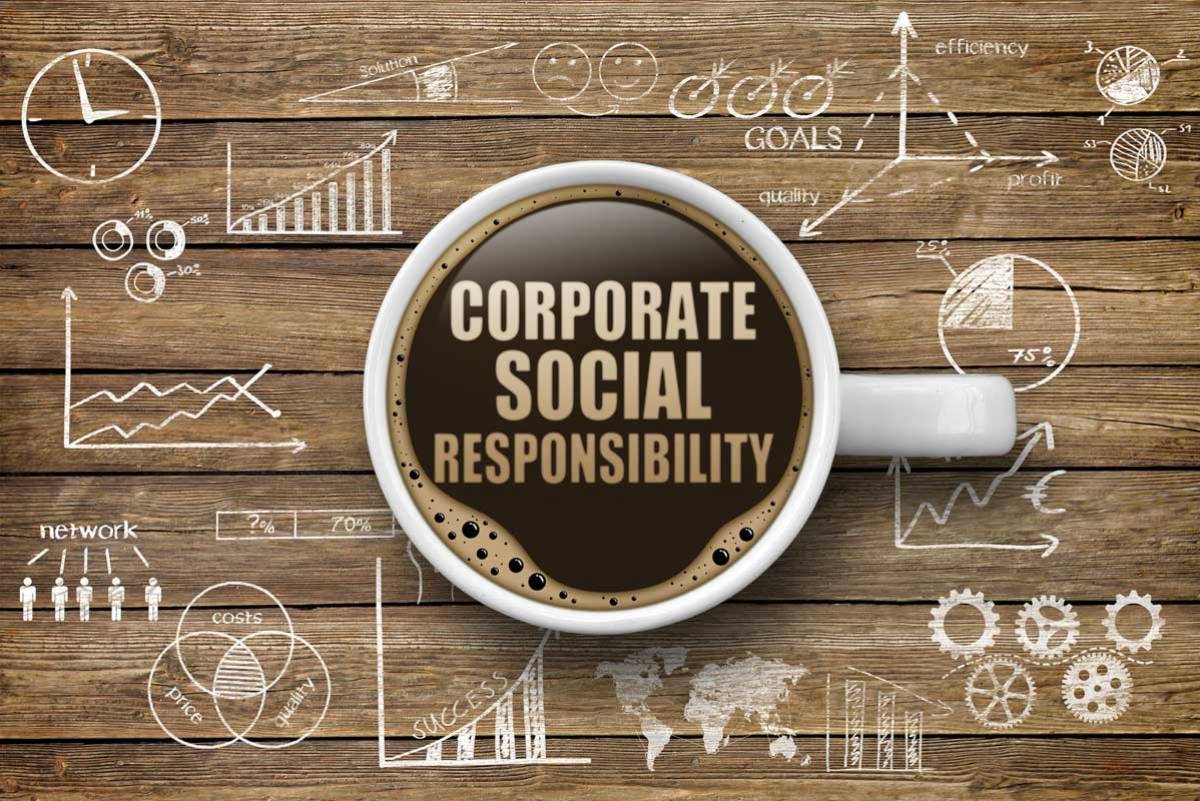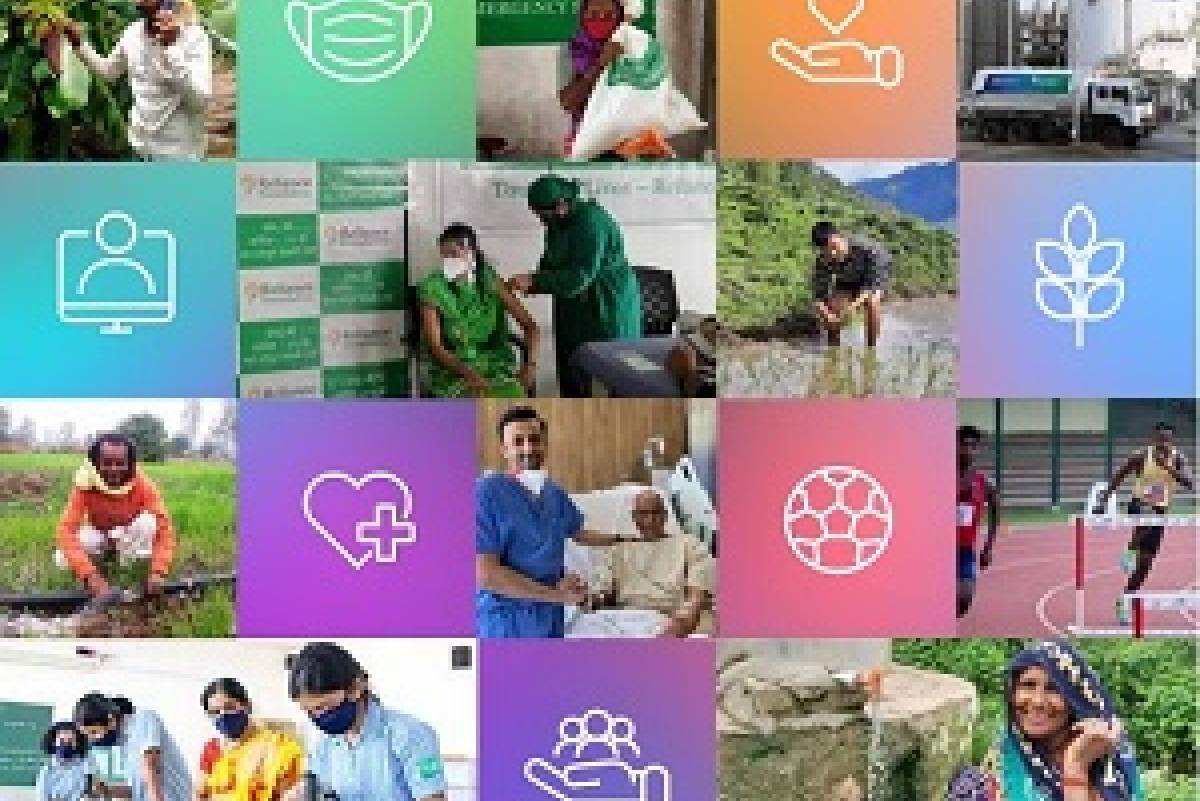
According to recent studies, the Asia-Pacific region is likely to face a shortage of 12.3 million workers by 2020, with the opportunity cost amounting to USD 4.2 trillion. Technological development, including blockchain, artificial intelligence, data science, and machine learning, are bringing major changes across industries. Skilling and reskilling will help employees navigate through the technological changes taking place across industries and workplaces, according to HR experts. Graduates need to be trained in new skills and technologies that organizations presently seek.
As per HR expert Zairus Master, CEO,Shine.com. Today, jobs demand familiarity and expertise in disruptive technologies like Augmented/Virtual Reality, blockchain, cybersecurity, Artificial Intelligence (AI), Machine Learning, 5G, and the Internet of Things (IoT). Institutes and colleges are still producing engineers with the same skills that their predecessors had more than a decade ago. As a result, there is a huge mismatch between demand and supply in terms of a skilled workforce. There is a critical need for more dedicated reskilling and upskilling initiatives aimed at getting the Indian workforce ready for the jobs of tomorrow.




